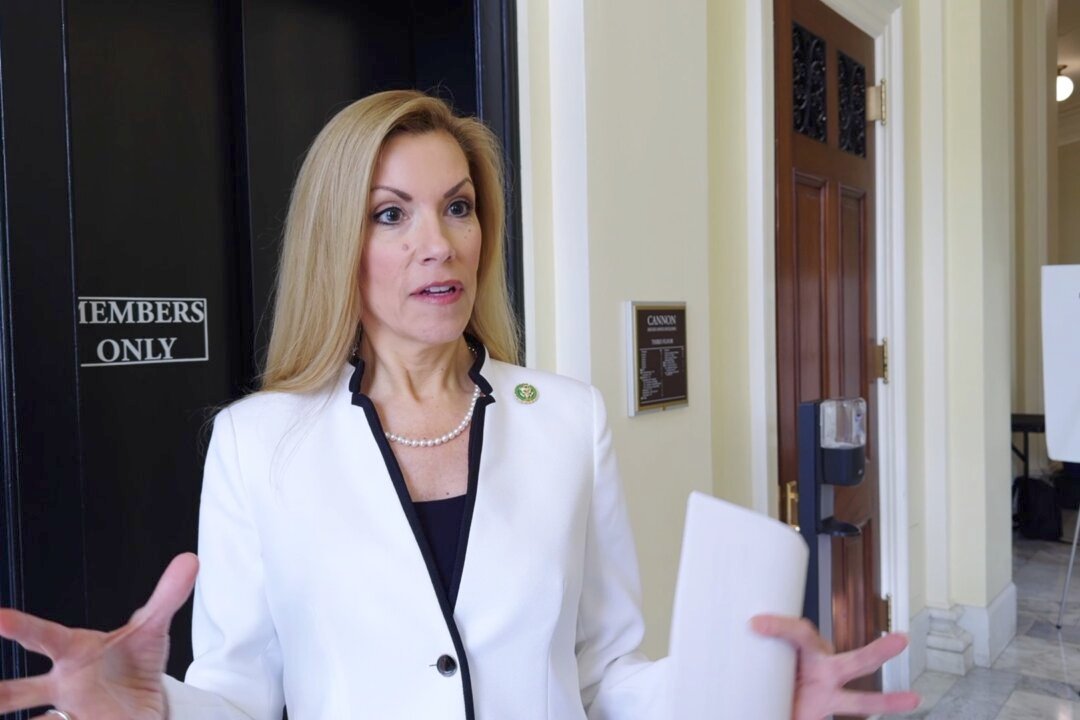
The U.S. House of Representatives recently passed a bill that will significantly impact access to federal small business loans for non-citizens. This legislation aims to prevent most foreign nationals, regardless of their immigration status, from receiving taxpayer-funded loans designed to foster entrepreneurship and job growth within the United States.
This move comes at a time when the Small Business Administration (SBA) plays a crucial role in supporting small businesses. The SBA, a government agency, provides vital financial assistance, including loans, to help small businesses thrive. This assistance is particularly important during challenging times, as demonstrated by the SBA’s role in distributing over $1 trillion in aid to small businesses during the COVID-19 pandemic, largely through programs like the Paycheck Protection Program (PPP) and Economic Injury Disaster Loans.
The implications of this newly passed bill are far-reaching and will undoubtedly spark debate. It raises questions about access to opportunity for immigrant entrepreneurs and the overall impact on the nation’s economic landscape. The bill’s journey through the legislative process and its eventual fate in the Senate remain to be seen, making this a story worth following closely.

